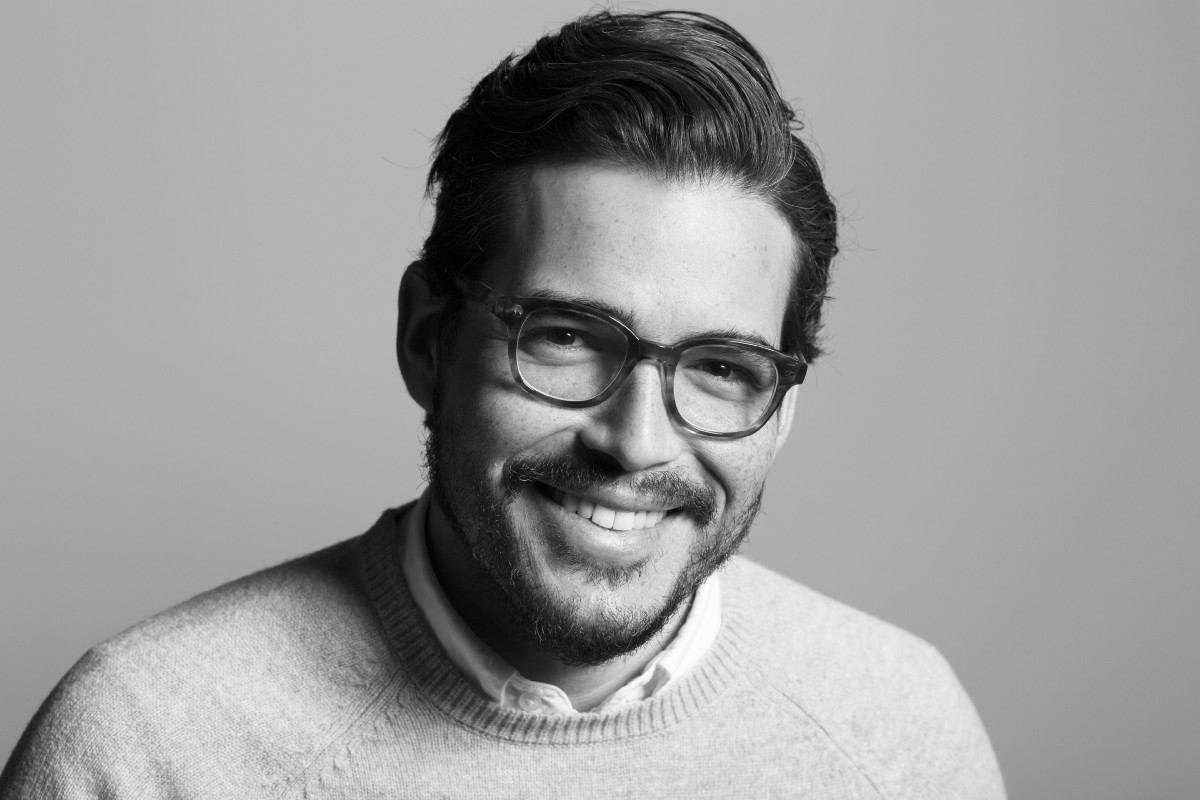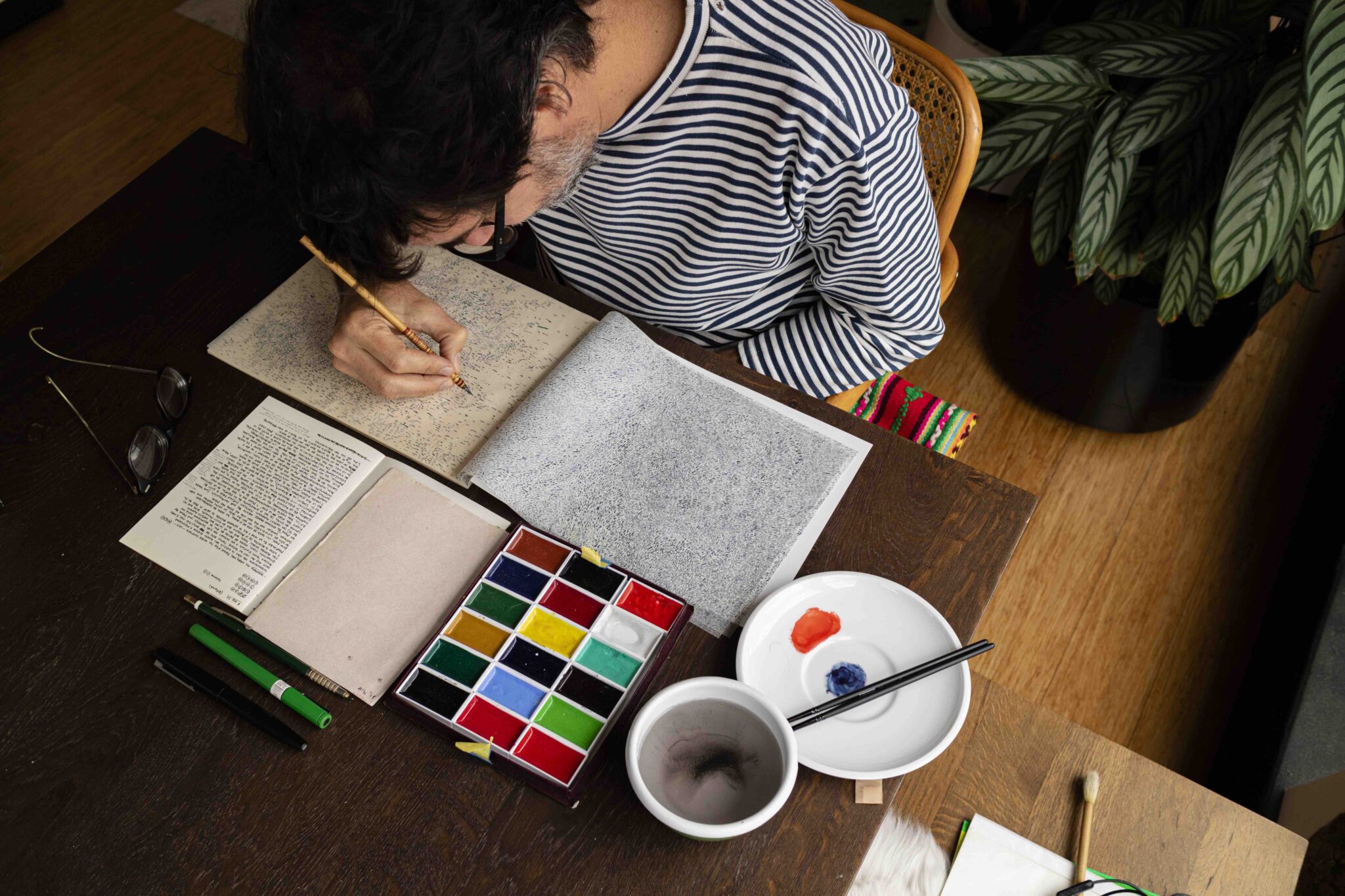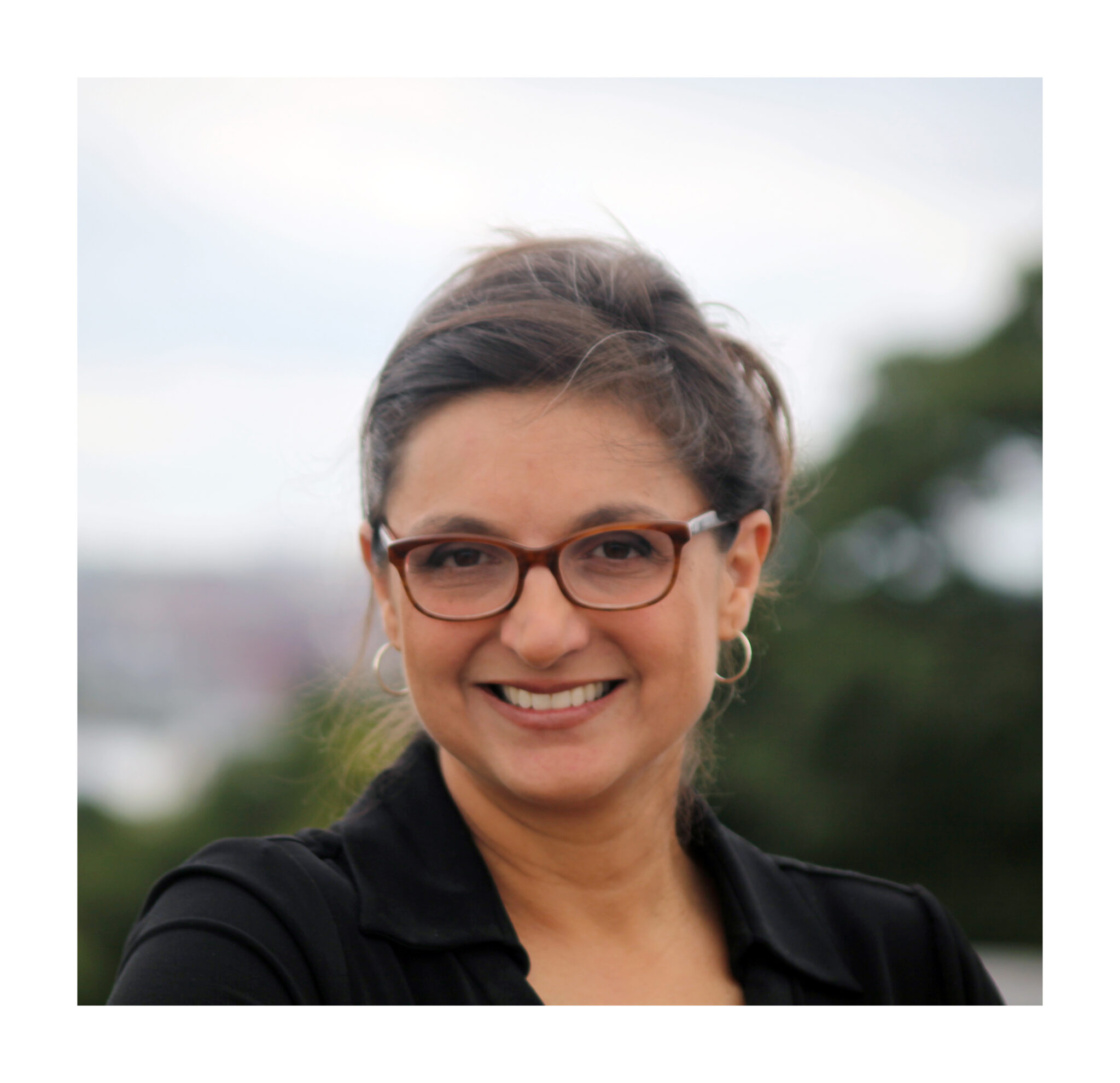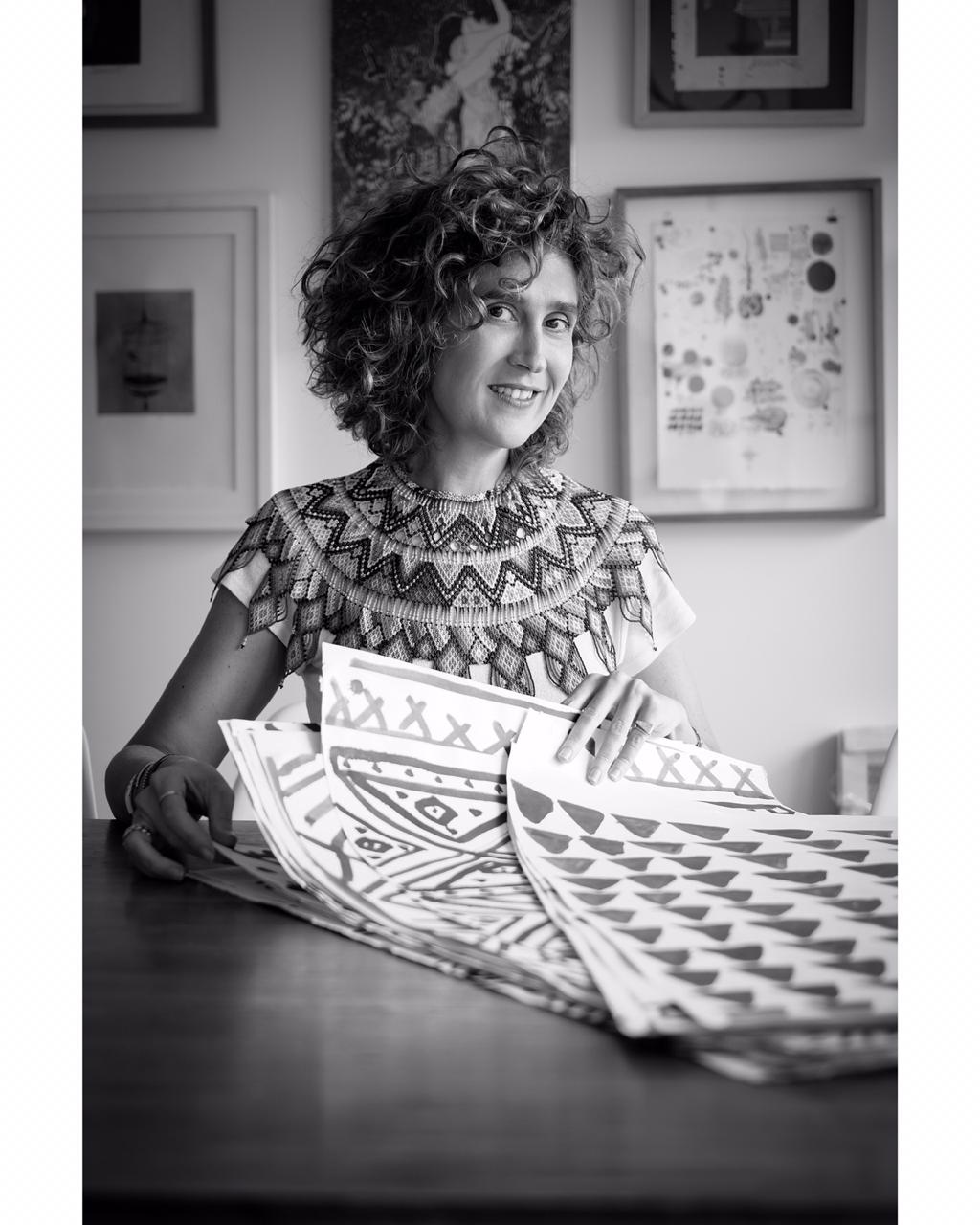New Perspectives on Contemporary Colombian Art: Oscar Muñoz in Context
Event Details
Event Details
Oscar Muñoz is one of the most important artists working in Colombia today. Invisibilia, his first U.S. retrospective, is long overdue.
Celebrating the closing of the exhibition, this online symposium serves as a platform for examining other, parallel practices by Muñoz’s Colombian contemporaries. Leading scholars Jerónimo Duarte-Riascos, Ana María Reyes, María Wills, and artist and curator Bernardo Ortiz will discuss the diverse landscape of contemporary art in Colombia. Spotlighting artistic pioneers rooted in the same socio-political and cultural context as Muñoz, artists who also articulate similar themes in their multifaceted works, these talks will shed light on the invisibilia behind other contemporary artistic practices in Colombia today.
This symposium is moderated by Vanessa K. Davidson, Curator of Latin American Art at the Blanton Museum of Art, and curator of Invisibilia.
SCHEDULE
12:00 PM: Introduction with Vanessa Davidson, Blanton Museum of Art
12:10 PM: Jerónimo Duarte-Riascos, Columbia University
The Unintelligibility of the Real – Thoughts on Oscar Muñoz and Other Cases in Colombian Contemporary Art
Much of the criticism centered around Muñoz’s work has highlighted the potency of his practice as a device of remembrance, as a way to return the spectator to a reality that has often disappeared. This talk proposes a different reading, one in which the practice underscores the unintelligibility of the real and reminds us that any attempt to grasp it requires the production of a fiction. After analyzing some of the pieces that are part of Invisibilia, the presentation comments briefly on how other contemporary Colombian artists grapple with similar concerns.
12:45 PM: María Wills Londoño, Curator and Director of the Banco de la República Art Museums, Bogotá
Oscar Muñoz: Breathing Memory into the Colombian Peace Process
This talk locates the work of artist Oscar Muñoz in the context of a precarious peace process currently unfolding in Colombia and the artivism that has undoubtedly raised consciousness, created bonds of solidarity, and demanded structural transformation. It is impossible to deny the great impact that artists and activists have had in demanding an end to a bloody civil war and catalyzing Transitional Justice in Colombia. Muñoz’s works powerfully alert us of our collective responsibility in remembering those lost and in building the conditions for non-recurrence.
1:15 PM: 15 MINUTE BREAK
1:30 PM: Ana María Reyes, Boston University
Ruins, Traces of Memory in Colombian Contemporary Art: Oscar Muñoz, Fernell Franco, Nicolas Consuegra, Colectivo maski, Leyla Cardenas, and María Isabel Rueda
Ruins are taken here as a symbolic and poetic tool in contemporary art— beyond baroque nostalgia, and more towards a political statement of the implicit possibilities of appropriation, recycling and reinvention of apparent loss. Photography related to the city, which is the central theme of this paper, has also historically had an ambivalent position. The selected artists face the challenge of reinventing the photographic technique and, in some cases, make this the center of their work. But this is always a questioning that is quite political: Is the ruin a metaphor for failure? Or is it a symbol of persistence and is it necessary to incorporate it as a permanent space and not a transitional one? In Colombia, the nostalgia for the ruin is more of a trauma.
2:05 PM: Bernardo Ortiz, Artist, Writer, and Curator
Doubt as Ethos: Oscar Muñoz and the Art Scene in Cali in the late 1990’s – early 2000’s
My talk will discuss the pivotal role that Oscar Muñoz played in Cali during the late and early aughts; between the collapse of the Cali Cartel (1996) and the founding of Lugar a Dudas (2004). This was a moment of institutional debacle at all levels in Cali. Paradoxically, it was also a very fertile moment for the art scene. A number of artist-run initiatives took over from traditional art institutions and paved the way to what happened in 2010 with Lugar a Dudas. Muñoz’s role was apparently inconspicuous, but key to connecting different generations of artists to the city that has always informed his work. Lugar a Dudas could be read as a way of dealing with issues close to Muñoz’s art, but in a way that is both very public and very vocal and at the same time self-effacing. As if the lessons that the work proposes poetically could be applied politically.
2:35 PM—3 PM: Audience Q&A/Panel Discussion
3:00-3:10 PM: Concluding Remarks

Jerónimo Duarte-Riascos is an Assistant Professor of Latin American and Iberian Cultures at Columbia University. His research, teaching, and curatorial projects concentrate on modern and contemporary artistic practices with special attention to their literary and visual manifestations in Latin America. He completed his Ph.D. in Spanish and Latin American Literatures with a secondary field in Visual and Environmental Studies at Harvard University. Prior to joining Columbia, Duarte-Riascos was a Visiting Assistant Professor of Spanish and Portuguese at Northwestern University and lectured at The University of Chicago and Harvard University. He has worked at several museums, including The Museum of Modern Art, New York, and the Harvard Art Museums, and he is a founding member of the curatorial collective De cabeza curaduría. He lives and works in New York.
Jerónimo Duarte-Riascos, Columbia University – Presentation Abstract:
The Unintelligibility of the Real – Thoughts on Oscar Muñoz and Other Cases in Colombian Contemporary Art
Much of the criticism centered around Muñoz’s work has highlighted the potency of his practice as a device of remembrance, as a way to return the spectator to a reality that has often disappeared. This talk proposes a different reading, one in which the practice underscores the unintelligibility of the real and reminds us that any attempt to grasp it requires the production of a fiction. After analyzing some of the pieces that are part of Invisibilia, the presentation comments briefly on how other contemporary Colombian artists grapple with similar concerns.

Bernardo Ortiz is a draughtsman and writer. He holds a BFA in Arts from the Universidad de los Andes (Bogotá) and MA in Philosophy from the Universidad del Valle (Cali). Recent solo shows include: Balance (Alarcón Criado, Seville); Low Resolution (Casas Riegner, Bogotá); Friction (Luisa Strina, São Paulo); and Erase (Museo de Arte Moderno, Buenos Aires). He has participated in such seminal group shows as the 30th Bienal de São Paulo (Brazil); XI Bienal du Lyon (France); and the 20th Sydney Biennial (Australia). His recent curatorial projects include the 41 Salón Nacional de Artistas (Cali) and the 7 Bienal do Mercosul (Porto Alegre). He has held teaching posts at the IDBA (Cali); the Universidad del Valle (Cali); the Universidad de los Andes (Bogotá); and the EAV Parque Lage (Rio de Janeiro). Ortiz’s artworks are part of such important collections as the Tate Modern, London; Museum of Modern Art, New York; CNAP Centre National des Arts Plastiques, France; Deutsche Bank, Frankfurt, Germany; Patricia Phelps de Cisneros Collection, New York; Museo de Arte Moderno la Tertulia, Cali, Colombia; Kadist Art Foundation, Paris, France; and private collections in the U.S., Brazil, England, Colombia, and beyond. He lives and works in Bogotá.
Bernardo Ortiz, Artist, Writer, and Curator – Presentation Abstract:
Doubt as Ethos: Oscar Muñoz and the Art Scene in Cali in the late 1990’s – early 2000’s
My talk will discuss the pivotal role that Oscar Muñoz played in Cali during the late and early aughts; between the collapse of the Cali Cartel (1996) and the founding of Lugar a Dudas (2004). This was a moment of institutional debacle at all levels in Cali. Paradoxically, it was also a very fertile moment for the art scene. A number of artist-run initiatives took over from traditional art institutions and paved the way to what happened in 2010 with Lugar a Dudas. Muñoz’s role was apparently inconspicuous, but key to connecting different generations of artists to the city that has always informed his work. Lugar a Dudas could be read as a way of dealing with issues close to Muñoz’s art, but in a way that is both very public and very vocal and at the same time self-effacing. As if the lessons that the work proposes poetically could be applied politically.

Ana María Reyes, is an Associate Professor in the Department of the History of Art and Architecture, Center for Latin American Studies and American and New England Studies at Boston University. She is also Affiliated Researcher, David Rockefeller Center for Latin American Studies at Harvard University, and founding member of the Symbolic Reparations Research Project. Her book The Politics of Taste: Beatriz González and Cold War Aesthetics (Duke University Press, 2019) studies symbolic violence in the context of Cold War aesthetic and modernization discourses. She co-edited with Maureen Shanahan Simón Bolívar: Travels and Transformations of a Cultural Icon (University Press of Florida, 2016) on cultural bolivarianisms as a case for the arts and humanities in democratic thinking. She is currently working on a second monograph, To Weave and Repair: Symbolic Reparations in Colombia’s Peace Process. Reyes also serves as Director of Graduate Studies in Boston University’s Department of the History of Art and Architecture. She lives and works in Boston.
Ana María Reyes, Boston University – Presentation Abstract:
Ruins, Traces of Memory in Colombian Contemporary Art: Oscar Muñoz, Fernell Franco, Nicolas Consuegra, Colectivo maski, Leyla Cardenas, and María Isabel Rueda
Ruins are taken here as a symbolic and poetic tool in contemporary art— beyond baroque nostalgia, and more towards a political statement of the implicit possibilities of appropriation, recycling and reinvention of apparent loss. Photography related to the city, which is the central theme of this paper, has also historically had an ambivalent position. The selected artists face the challenge of reinventing the photographic technique and, in some cases, make this the center of their work. But this is always a questioning that is quite political: Is the ruin a metaphor for failure? Or is it a symbol of persistence and is it necessary to incorporate it as a permanent space and not a transitional one? In Colombia, the nostalgia for the ruin is more of a trauma.

María Wills Londoño is the Director of the Banco de la República Art Museums in Bogotá (including the Museo de Arte, the Museo Botero, and the Casa de Moneda). She is a curator, and her main projects relate to the instability of the contemporary image and the revision of official historical accounts in art. Her curatorial project The Life of Things (La vida de las cosas) led to her selection as curator of the 2019 MOMENTA Biennial of the Image in Canada. In this endeavor, she critiqued categories that define cultural objects as exotic or “non-Western,” as well as other aspects of creativity in the crisis of consumer society. With her essay “The Centenary of The Bauhaus: Of Conveniences and Connections” (El centenario de la Bauhaus: de conveniencias y conexiones), she won the Simón Bolívar Prize for Journalism in 2019. In that text, she addressed the relationships between the critical foundations of the Bauhaus, contemporary art, and handicrafts. Wills’s curatorial projects have been exhibited in such renowned institutions as the International Center of Photography, New York; the Jeu de Paume, Paris; the Cartier Foundation for Contemporary Art, Paris; the Photographers Gallery, London; the Círculo de Bellas Artes, Madrid (PHotoESPAÑA); the Centro de la Imagen, Mexico City; the Miguel Urrutia Art Museum of Banco de la República, Bogotá; the Bogotá Museum of Modern Art; and the Medellín Museum of Modern Art, among others. She lives and works in Bogotá.
Maria Wills, Curator and Director of the Banco de la República Art Museums, Bogotá -Presentation Abstract:
Oscar Muñoz: Breathing Memory into the Colombian Peace Process
This talk locates the work of artist Oscar Muñoz in the context of a precarious peace process currently unfolding in Colombia and the artivism that has undoubtedly raised consciousness, created bonds of solidarity, and demanded structural transformation. It is impossible to deny the great impact that artists and activists have had in demanding an end to a bloody civil war and catalyzing Transitional Justice in Colombia. Muñoz’s works powerfully alert us of our collective responsibility in remembering those lost and in building the conditions for non-recurrence.
Funding for this program is provided by the Barbara Duncan Centennial Endowed Lectureship.
Feature Image Credit: Oscar Muñoz, Línea del destino [Line of Destiny] (still), 2006, single-channel video without sound, 2 min. Denver Art Museum: Gift of Polly and Mark Addison (photo: courtesy of the artist)
Time
June 3, 2022 12:00 pm - 3:00 pm(GMT-05:00)

